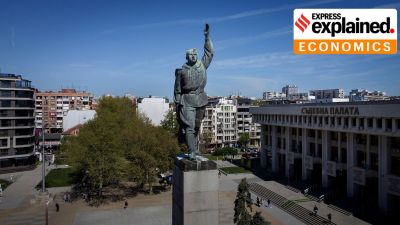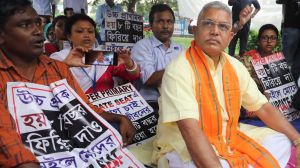US concerned about n-liability clauses
The one thorny issue that seems to be proving difficult to resolve ahead of US President Barack Obamas visit is Washingtons concerns over the recently passed legislation on civil liabilities
The one thorny issue that seems to be proving difficult to resolve ahead of US President Barack Obamas visit is Washingtons concerns over the recently passed legislation on civil liabilities for nuclear damage. However,serious efforts are underway to find a way forward so that both sides can start commercial negotiations.
The key concerns of the US relate to Article 46,which states that this law does not exempt the operator from proceedings under any other law,and the clause on holding suppliers liable in case of a nuclear incident. The US feels there is not enough protection for suppliers in the legislation.
Over the past few weeks,US nuclear suppliers like GE and Westinghouse have held discussions with senior officials from the Department of Atomic Energy to obtain more clarity on the application of these provisions. On Article 46,sources said,the US is worried about the fact that it does not prevent PILs from being filed against the supplier under another law in case of a nuclear incident.
India has made it clear that this provision will have to remain. In fact,the government has told the US that it is impossible to make any changes to the legislation after its passage by Parliament. The US,on its part,is making the point that the legislation has to be in line with the best international practices and the yardstick for that would be joining the Convention on Supplementary Compensation CSC.
New Delhi said it is prepared to join the CSC. But CSC provisions protect the supplier from liabilities in case of nuclear damage and a domestic legislation of a member country needs to reflect the same. Once India applies,existing members of CSC can raise objections. The US is a founding member and could raise objections,which could be embarrassing for both countries.
Both sides are keen to resolve the matter by way of bilateral assurances within the scope of the new legislation so that there is no stand-off over the CSC. India is also willing to make a commitment on joining CSC.
- 01
- 02
- 03
- 04
- 05































